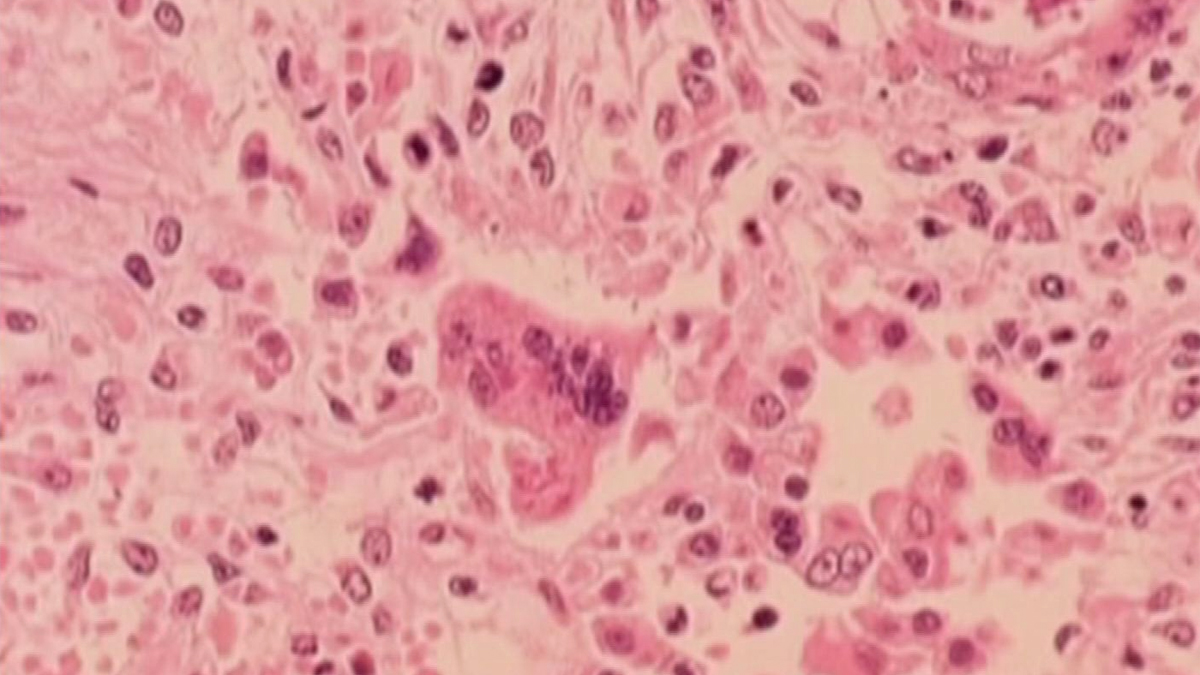A leaking underground pipe created a mess before crews were finally able to cap it. Hetty Chang reports from Wilmington for the NBC4 News at 5 p.m. on Tuesday, March 18, 2014.
Crews Tuesday night were capping off an underground pipe leak that sent oil seeping through cracks in the asphalt of a Southern California neighborhood.
The oil began leaking onto the surface of the 1200 block of North Neptune Avenue from a broken underground pipe about 7 p.m. Monday, according to the Los Angeles Police Department.
Crews used sand to cover the areas where oil seeped out of a hole on the bottom of a 10-inch pipeline buried 7 feet underground, officials said, adding that the hole is no larger than a finger.
The pipeline belongs to Phillips 66, whose crews were working with hazmat teams to fix the leak.
The pipeline, which is owned by Phillips 66 of Wilmington, has been inactive for 15 years, according to Los Angeles city officials. More than 1,200 gallons of crude oil were collected from the leak.
Late Tuesday, crews worked to install a temporary clamp to patch a hole in the pipeline, which may have been damaged by Monday's 4.4-magnitude earthquake, Los Angeles County officials said.
"It is quite possible that was what caused the occurrence," said Don Ellis, a hazardous material specialist who works for the county.
Though the oil did not pose a threat to the public, residents were told about the leak and would be allowed to go to and from their homes.
The Air Quality Management District received one complaint about the stench of the spill and have officials on the scene monitoring the air quality. By late evening, they had not found high levels of hydrogen sulfide in the air.
News
Top news of the day
North Neptune Avenue remained closed to non-residents. The street was expected to re-open by Tuesday evening.
The Los Angeles Fire Department told the NBC4 I-Team that it has no recent or serious complaints on Phillips 66 that have led to injury or loss of life.
Neither the California Environmental Protection Agency nor the Department of Toxic Control has records of complaints about the company. However, since the pipeline is a "product" line, it is possible that no complaints have been filed with the agencies, if they were not classified as "hazardous waste," the I-Team found.



